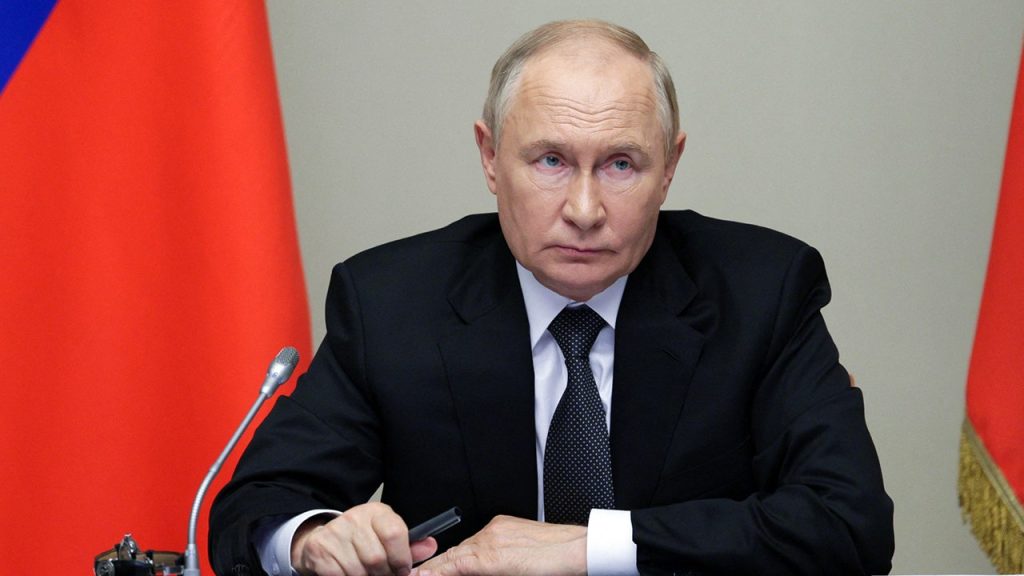Russian President Vladimir Putin issued a warning to the West, stating that any conventional attack on Russia supported by a nuclear power will be considered a joint attack on his country. This announcement came during a meeting of Russia’s Security Council, where Putin also outlined revisions to the country’s nuclear doctrine. The revised doctrine states that an attack on Russia by a nonnuclear power with the support of a nuclear power will be seen as a joint attack on the Russian Federation. Putin emphasized that the conditions for using nuclear weapons are clearly stated in the revisions, including in case of a massive air attack.
The Kremlin’s revision of its nuclear response doctrine has raised concerns among experts, with one warning that it could lead to a major nuclear power loosening its declaratory policy. Samuel Charap, a senior political scientist at RAND, stated that regardless of whether one thinks this is a bluff or not, it is concerning when a major nuclear power loosens the conditions for nuclear use in its declaratory policy. This revision by Russia has opened the door for potential changes in nuclear policies among other nuclear powers, which could have far-reaching implications for global security.
In response to Russia’s actions, the Biden administration announced $375 million in additional security assistance to Ukraine. The package includes air-to-ground weapons, munitions for rocket systems and artillery, armored vehicles, and anti-tank weapons. Secretary of State Antony Blinken stated that the United States is committed to Ukraine’s defense against Russia’s aggression and will deploy the new assistance as quickly as possible to help Ukraine protect its territory and people. Ukrainian President Volodymyr Zelenskyy is scheduled to meet with President Biden and Vice President Harris to discuss allowing his troops to use long-range weapons to strike deeper into Russia.
Putin’s warning and the subsequent U.S. assistance to Ukraine come at a time of heightened tensions between Russia and the West. The revision of Russia’s nuclear doctrine, coupled with the increased military support for Ukraine, underscores the growing concerns over potential conflict in the region. Analysts fear that any miscalculation or escalation could lead to a dangerous confrontation between nuclear-armed powers. The situation highlights the importance of diplomatic efforts to de-escalate tensions and prevent the outbreak of a larger conflict that could have devastating consequences for global security.
The announcement by Putin and the Biden administration’s response reflect the complex and volatile dynamics in international relations. As major powers seek to assert their influence and protect their interests, the risk of conflict remains a constant concern. The need for dialogue, diplomacy, and peaceful resolutions to disputes is paramount in order to prevent the potential for catastrophic outcomes. The actions of Russia and the United States in this situation highlight the delicate balance of power in the international arena and the challenges of managing conflicts in a world where nuclear weapons pose a constant threat to peace and stability.


